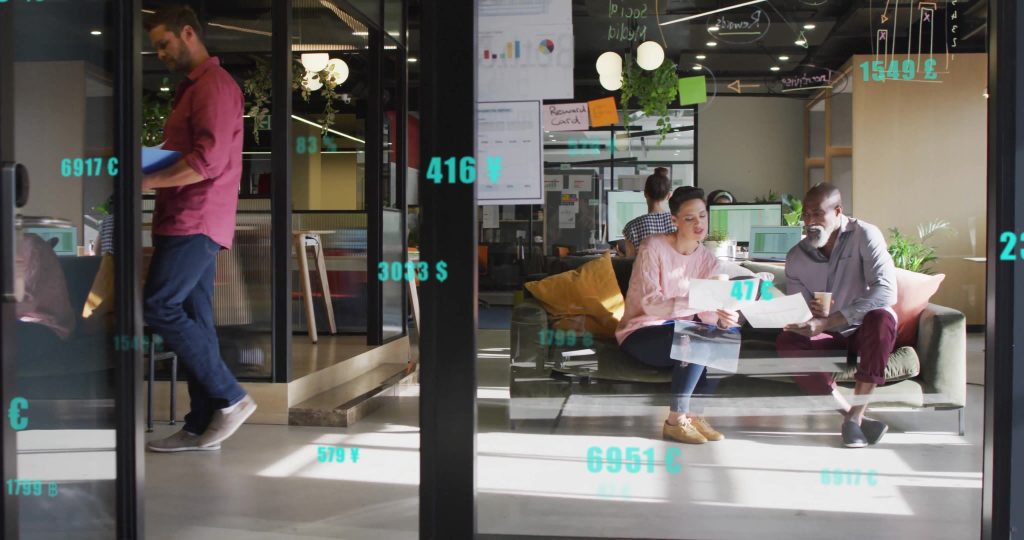Cordoniq, a secure enterprise video collaboration platform, has released a new report titled “Future of Collaborative Work 2025: Balancing the New Era of Workforce Expectations and Technological Advancements.” The report provides a comprehensive analysis of how emerging trends, such as artificial intelligence (AI) and remote work, are reshaping the future of work. It also outlines strategies for organisations to navigate these changes and create effective, forward-thinking work environments.
Cordoniq, recognised as a leader in the future of work, recently won the prestigious Future of Work Product of the Year Award, taking its 2024 awards tally to seven. In addition, the company secured the 2024 CyberSecurity Breakthrough Award for “Secure Communications Solution of the Year.”
The company’s video collaboration platform, known for its secure-by-design model, offers next-generation features such as Android TV capabilities, green video technology, and enhanced privacy. Cordoniq’s platform-as-a-service (PaaS) is API-driven, allowing seamless integration with diverse company systems. Notably, its technology is trusted by major U.S. institutions, including the Department of Defense and the Pentagon.
The report identifies key drivers of change in the workplace, including the rise of AI, the shift towards remote and hybrid work, globalisation, and changing workforce demographics. It also provides actionable insights for businesses, employees, and policymakers.
Key Findings:
- Artificial Intelligence and Automation: The report predicts that AI will automate 30% of working hours in the U.S. economy by 2030. While automation presents opportunities to increase efficiency, companies need to balance its integration with maintaining job quality.
- Remote and Hybrid Work Models: The pandemic has accelerated the adoption of remote and hybrid working. According to the report, over 61% of hiring managers expect more remote working in the future. As a result, organisations must adapt by implementing stronger technology infrastructures and management strategies to accommodate this shift.
- Globalisation and Workforce Skills: As the global economy becomes more interconnected, the demand for skills in data analysis, cybersecurity, and AI is growing. Continuous upskilling and reskilling are essential for organisations to remain competitive and prepare their workforce for future challenges.
Case Studies:
The report highlights case studies from industry leaders such as Salesforce and initiatives like the AI-Enabled ICT Workforce Consortium, which focus on upskilling employees and fostering hybrid work environments.
- Salesforce: The company has implemented a hybrid working model while prioritising employee well-being and diversity. Its Trailhead platform offers continuous learning opportunities, preparing its workforce for the future.
- AI Workforce Consortium: Firms such as Cisco, IBM, and Microsoft are working together to assess the impact of AI on the workforce, identifying new skills and training opportunities.
Challenges and Opportunities:
The report also identifies several challenges, including managing hybrid teams, reskilling employees, and addressing mental health concerns. However, it notes emerging opportunities in sectors such as the care-based economy, holistic security, and creative industries, driven by technological advancements.
Recommendations:
- For Organisations: Embrace flexible working arrangements, invest in upskilling employees, and adopt AI responsibly.
- For Employees: Focus on lifelong learning, develop digital literacy, and build adaptability.
- For Policymakers: Support workforce development initiatives, address cybersecurity threats, and promote sustainable business practices.
Cordoniq’s report emphasises that the future of work is about more than just technology. Success will depend on how organisations align their strategies with the evolving expectations of the workforce while addressing the challenges and opportunities brought about by technological progress. For more information, please visit www.cordoniq.com


